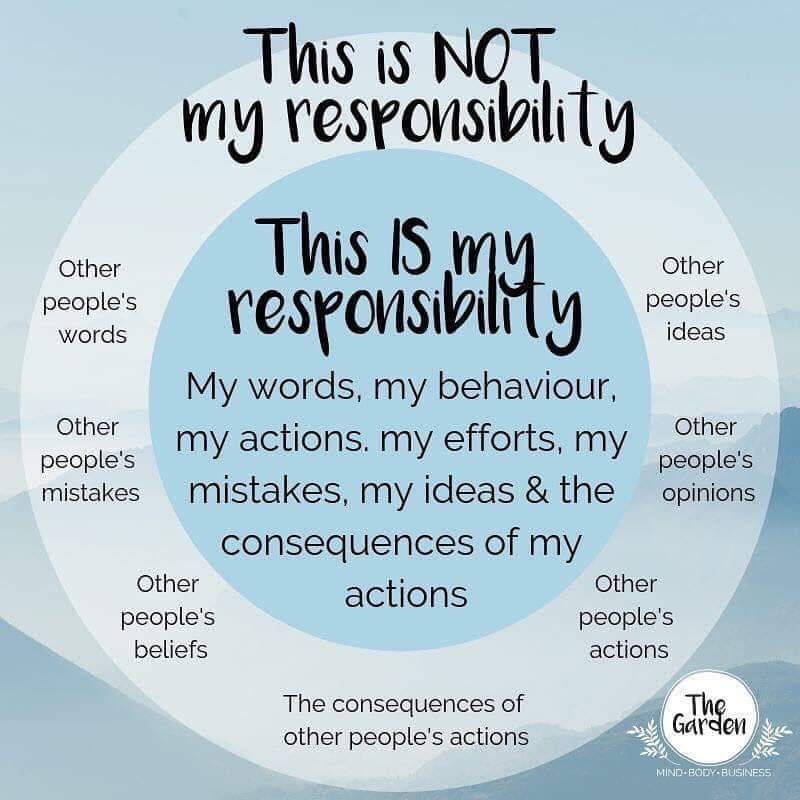What does it mean if you have marriage problems your first year of marriage? Well, don’t panic. It is actually normal to have marriage problems in the first year. But here are some things that could be contributing to the conflict.
You are in a transition period
If you didn’t live together before the nuptials, getting used to each other’s idiosyncracies is an adjustment. Maybe one person is neat and the other one isn’t. You have to decide who is in charge of certain tasks in maintaining the home, finances, meals, laundry, cars, etc.
But even if you did live together before the wedding, being married is still a transition. Especially when it comes to in-laws. Maybe one partner’s parents are great at boundaries, but the other partner’s aren’t. You also have to get used to the fact that your parents are no longer your first priority, your marriage is.
Navigating a new way of being in a relationship with parents can be challenging, especially if you have to start setting boundaries when there were none before.
While respecting each partner’s relationship with their family, it is still possible to negotiate fair and reasonable boundaries, so your relationship can be the priority.
One or both of you may struggle with anxiety, depression, or other common issues
Many people struggle with anxiety or depression at times in their lives. Whether exacerbated by an external experience or something more chronic and severe like ADHD, OCD, or trauma-related issues, mental health can impact relationships, especially during a major life transition.
Self-awareness and taking agency of oneself are incredibly important in relationships. If you aren’t taking care of your own mental health, more than likely, you are crossing your partner’s emotional boundaries. This can look like lashing out at your partner, blaming them for how you feel, or even making them responsible for managing your anxiety, depression, etc.

The image above shows what is actually your responsibility, and what isn’t.
Many times, “other people’s actions” can cross over our boundaries, or we are the ones crossing over our partner’s. This is important to be aware of. It is also important to be transparent when communicating if your partner is crossing over your boundary.
For example, your partner is highly anxious and has an expectation that the house looks perfect all of the time. That doesn’t mean it is your job to keep it perfect. There is fair and reasonable, and unreasonable (unreasonable equals perfect). So, if your partner is yelling at you because you missed some crumbs on the counter – not your monkey, not your circus.
Roles and responsibilities
There is a lot of adulting required when you are married, have a shared living space, bills to pay, etc. If you don’t try and figure out how to adult together, you are more likely to have problems in your first year of marriage.
It is important to have an open dialogue about who will be responsible for what. And when I say, “open dialogue”, I mean, it stays open. Because one of you may decide a task you chose doesn’t work anymore. Or, you decide to have children. Or, work situations change. Or, you get a pet. Or, one of you becomes a caregiver to a parent. Just things that happen in life that require even more adulting.
These conversations are more productive if they are collaborative and you each pick something that works with your strengths. And the more adulting you have to do, maybe think about delegating it out, or maybe even letting it go.
If you don’t have these conversations, you may find yourself taking on roles that reflect what your parents modeled. You might be good with that, wonderful. If you aren’t, you might become resentful toward your partner, especially if you are doing more or perceive you are.
If you need or want something, you are responsible for asking (unless you or your partner are actual psychics)
When working with couples, I find that many assume that their partner “should” know what the other needs. Well, “should” is a cognitive distortion. And neither one of you are an actual mind reader.
It doesn’t mean you don’t know how to show your partner love or they don’t know how to show you love. It just means that, if you need something, it is your responsibility to ask for it. If you expect your partner to read your mind, you will be disappointed, and your need definitely won’t get met.
Go back up to the “Circle of responsibility” picture to remind yourself of what your responsibilities are and aren’t.
It is your assertive human right to ask for whatever you want. And the person you are asking has the right to say yes or no.
In relationships you want to want to nurture, an example of this type of exchange could be:
You: Honey, I need to process my day. It was really hard and upsetting.
Your partner: Sweetie, I understand you need someone to listen to you, but right now I am spent. I want to give you what you need. So can we do it in the morning when I can be more available?
I used this example to also show that you aren’t required to be available to one another 24/7. And there are ways to convey that with compassion.
Healthy vs unhealthy ways of communicating
John Gottman is a marriage therapist who also does a lot of research on marriage and relationships. When it comes to unhealthy cycles of communication, he uses the term “The 4 horsemen of the apocalypse.” His research shows these 4 toxic ways of communicating can lead to divorce.
The 4 horsemen are criticism, contempt, defensiveness, and stonewalling.
If you notice any of these in the way you communicate, you might want to try something different.
For example, your partner promised they would do the laundry. After 3 days it still isn’t done. You say to your partner, “You said you would do the laundry, you are a liar and you are lazy. Why can’t you do what you say you are going to do?”
Instead of criticizing (Gottman describes this as a global attack on one’s character) your partner for not doing laundry when they said they would, focus on the behavior. You could say something like, “You promised you would do the laundry by today. It really bothers me when you don’t do what you say you are going to do.”
Having marriage problems in the first year is common. It is one of the biggest stressors of life. Don’t be hard on yourself or your partner if it doesn’t feel like you expected it to. It is an adjustment for everyone. And if you are struggling, don’t be afraid to reach out for help. And definitely don’t wait until the wheels are coming off before you do.🤓
Jacqueline V. Cohen is a Licensed Professional Counselor, and an ADHD Certified Clinical Specialist Provider working with couples having marriage problems in the first year. You can connect with her by email or to learn more about her practice and specialties, visit her website.

No comments yet. You should be kind and add one!